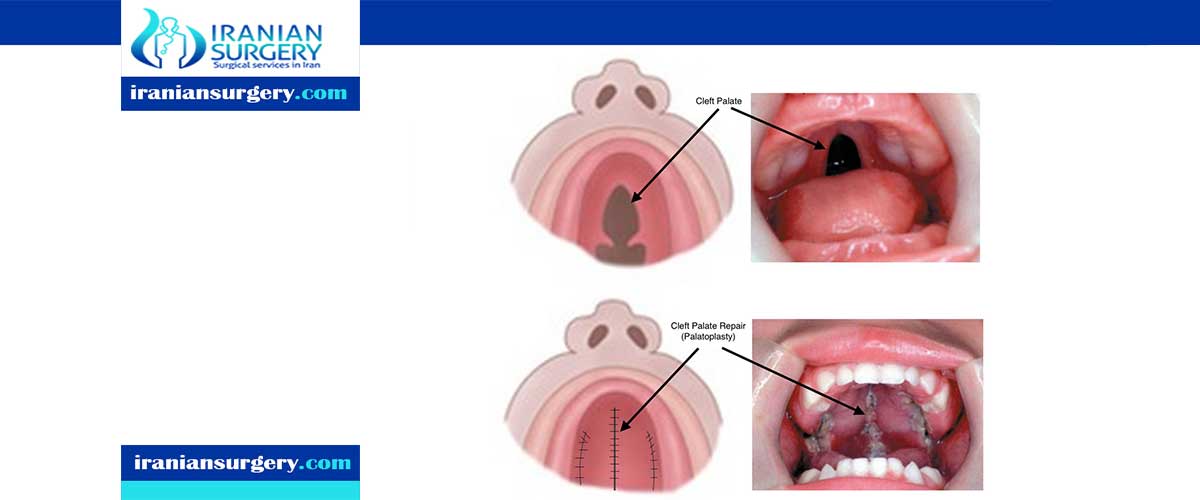cleft palate surgery time

cleft palate surgery time
How long does cleft palate repair take time?
A cleft palate (PAL-it) is when a baby is born with an opening (a cleft) in the roof of the mouth. This leaves a hole between the nose and the mouth.
The opening can:
- just be in the back of the palate (the soft palate)
or - extend into the front of the palate behind the gums (the hard palate)
This surgery usually takes between 2 to 6 hours, depending on the type of cleft palate repair you need. You will stay overnight for at least 1 day after the surgery.
10 common questions about cleft palate surgery time
1Is cleft palate surgery painful?
Your child may need pain medicine for the first few days after surgery. The area around your child's mouth may be swollen for the first 1 to 2 weeks after surgery. He or she may be more fussy than usual.
2Is cleft palate surgery dangerous?
There are risks of problems after any operation. Cleft palate repair, or palatoplasty, is an effective and reliable operation in a large majority of children, but there are two main risks. The first is the risk of fistula, or a hole in the repaired palate
3How long does cleft palate surgery take to heal?
It usually takes about 3 to 4 weeks for the incision to heal. Your child may need to wear padded arm restraints for 1 to 2 weeks after surgery to prevent him or her from rubbing the surgery area
4What can you eat after cleft palate surgery?
It is OK to resume full liquids 2-3 days after surgery. This includes yogurt, thin cooked cereals, puddings, ice cream, creamed soups, thin pureed foods, or stage I baby foods. Use only a soft spoon and do not allow the spoon to enter deep into the mouth.
5Is a cleft palate a disability?
A cleft palate occurs when the tissue at the roof of the mouth doesn't fuse completely during pregnancy. ... But they found that infants born with cleft palate alone had a slightly increased risk of dying early and of having conditions such as intellectual disability, autism and severe learning disabilities
6How many surgeries does it take to fix a cleft palate?
How many surgeries is average to correct the palate and make it not-so-noticeable? That varies from patient to patient. At the minimum, one surgery is needed to repair the lip and a separate surgery is needed to repair the palate. However, several surgeries are needed to make the lip appear as normal as possible
7Does cleft palate affect life expectancy?
Long-Term Effect of Cleft Palate
Over time, the scars will fade, and your child's ability to grow and function normally will continue to improve. ... Children born with these conditions have a good quality of life and a normal life expectancy
8What problems can result from a cleft palate?
While most babies with cleft lip can breast-feed, a cleft palate may make sucking difficult. Ear infections and hearing loss. Babies with cleft palate are especially at risk of developing middle ear fluid and hearing loss. Dental problems
9Does cleft palate affect breathing?
Clefts of the lip and palate frequently produce nasal deformities that tend to reduce the size of the nasal airway. Approximately 70% of the cleft population have nasal airway impairment and about 80% "mouth-breathe" to some extent. ... A "good" nose for breathing is often a "bad" nose for speech under such circumstances
10Can adults have cleft palate surgery?
Cleft treatment for adults. Adults born with a cleft lip and/or palate may require ongoing treatment despite having undergone surgery as children, teenagers and young adults. ... Such treatment can serve a functional and/or cosmetic purpose e.g. orthognathic surgery (jaw alignment) and rhinoplasty (nose surgery)
[kkstarratings]


